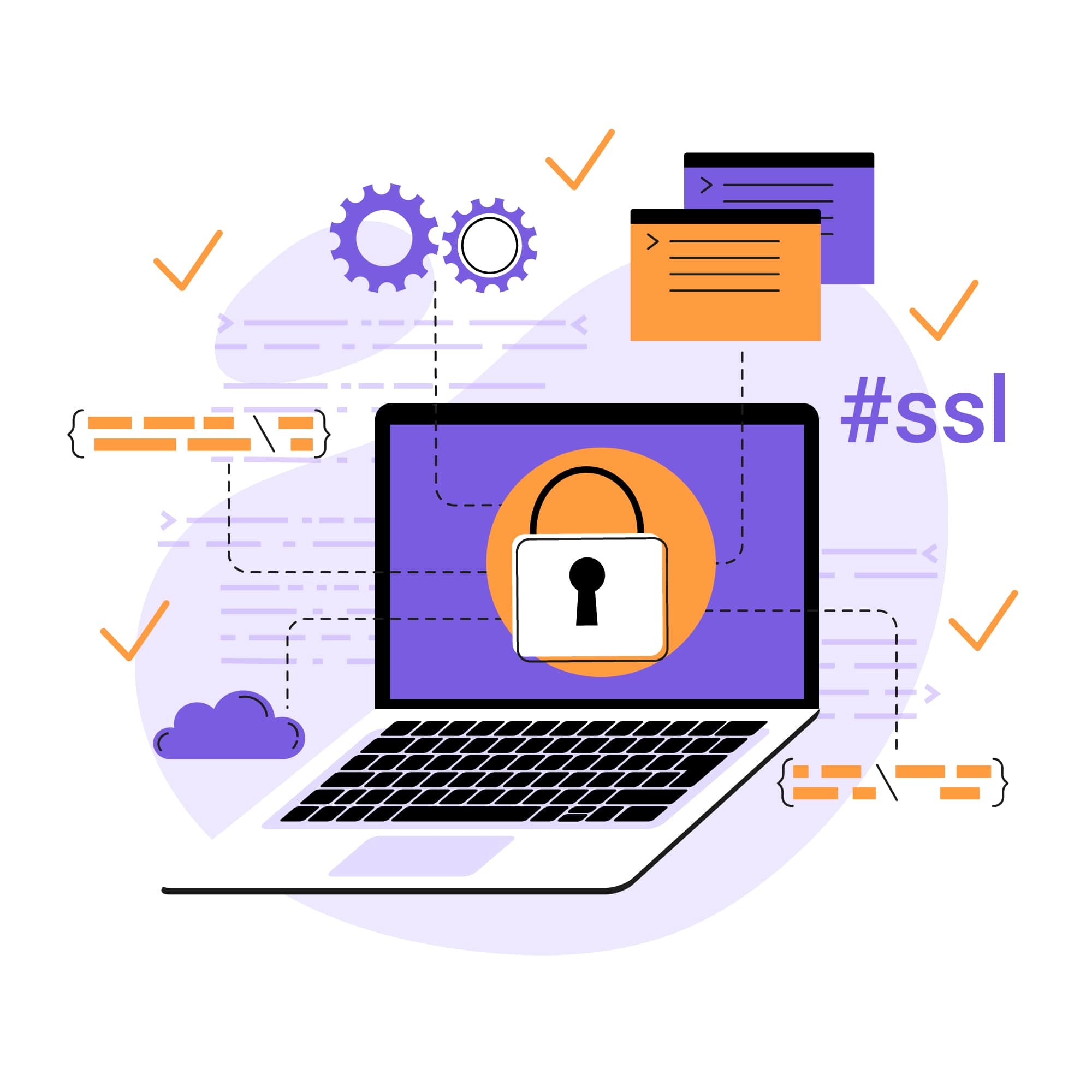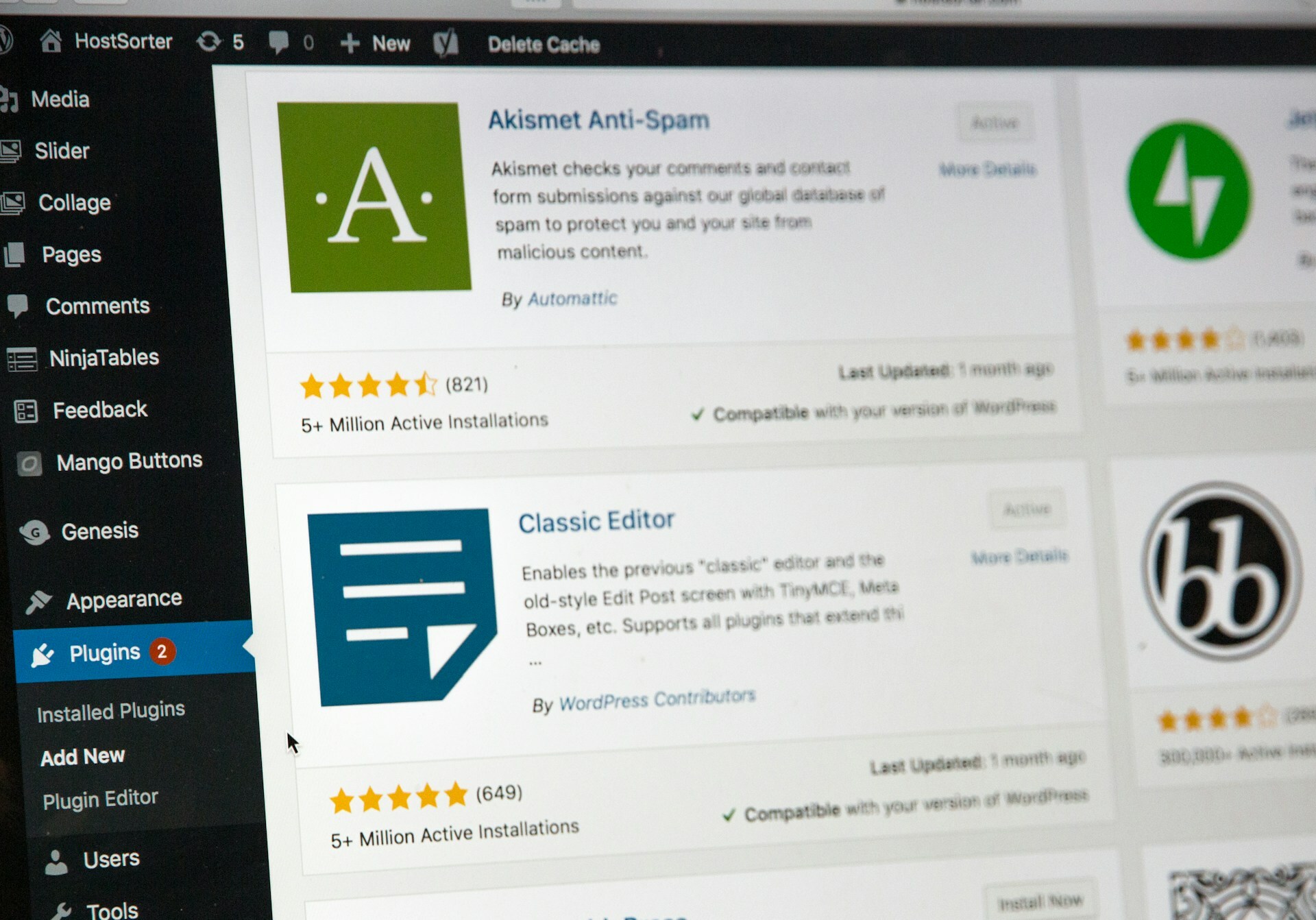
69 Cybersecurity Tips to Protect Your Small Business from Cyberattacks
Most small businesses typically don’t have the proper security measures in place because they don’t know they’re at risk of cyberthreats, or they don’t know how to protect themselves. This leaves a company’s network, emails, computers, and mobile devices at risk of compromise—especially its website.
We’ve rounded up 69 easy and effective cybersecurity tips to help protect your small business from disruptive cyberattacks. We’ve organized these tips by category to make them more easily digestible.
Website Security Tips
1.Use a website scanner that will automatically remove website malware from your site files as soon as its infected.
2. Make sure you’re PCI compliant if your business accepts payment online. PCI compliance is a set of security standards used to help protect consumers’ credit card data whenever they make a purchase online.
3. Implement a website security solution that automatically identities and patches vulnerabilities in website application files.
4. Implement a web application firewall (WAF) to block cybercriminals and bad bots from accessing your website.
5. Lockdown file uploads on your website and ensure media upload scripts only allow certain file types, such as images or music files. This prevents cybercriminals from being able to upload malicious PHP scripts to your website.
6. Hide the admin pages on your website so they’re not indexed by search engines. Since admin pages often allow direct access to a site’s database, use the robots_txt file to discourage search engines from listing them. Many website applications will also allow you to update the URL and change it from the default.
7. Scan your website daily for malware, vulnerabilities, and other security issues that could be harming your website or site visitors.
8. Always update your website plugins to their latest versions to avoid vulnerabilities and remove plugins you’re not using anymore to avoid vulnerabilities.
9. Be familiar with the file structure of your website. Learn what looks normal for your website’s files and review them periodically for new ones you didn’t upload.
10. Regularly backup your website files so you can restore your files in the event of a breach.
11. Use a CAPTCHA to protect the forms on your website, such as your login or contact forms. If these forms are unprotected, they could serve as entryways for cybercriminals.
12. Invest in a professional penetration testing service. This will simulate cyberattacks on your systems and applications to test how responsive and how vulnerable they are.
13. If you use an open source web application, get involved in the community forums. This will keep you engaged with updates, security patches, and bug fixes.
14. If you’re running a WordPress website, change the default database prefix for your website from “wp_” to something random and more challenging to guess.
15. Two-factor authentication adds an extra layer of security that helps to protect sensitive systems from adversaries, even if a password has been breached.
The list doesn’t stop at 15…we’ve rounded up more tips on device, password, email, and data security.





